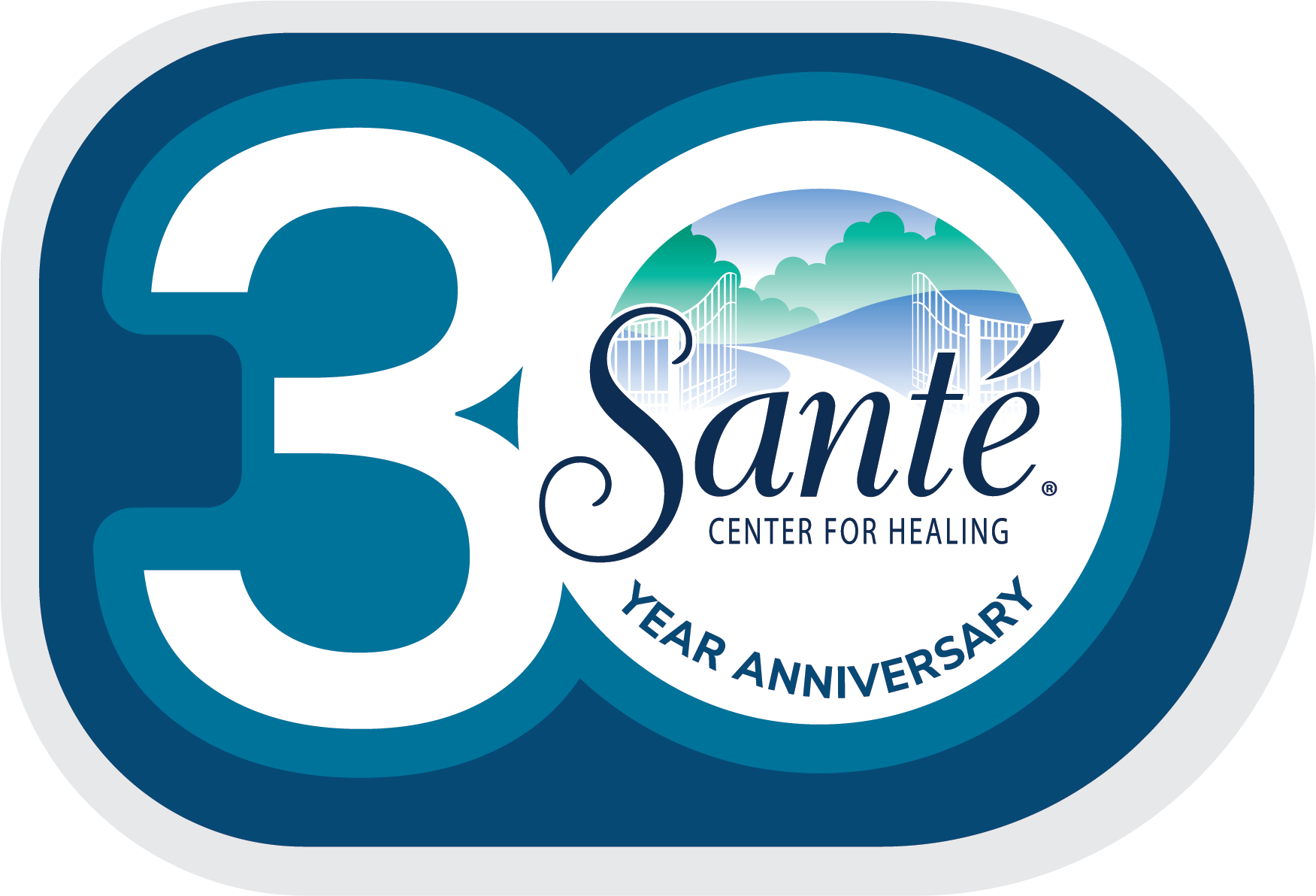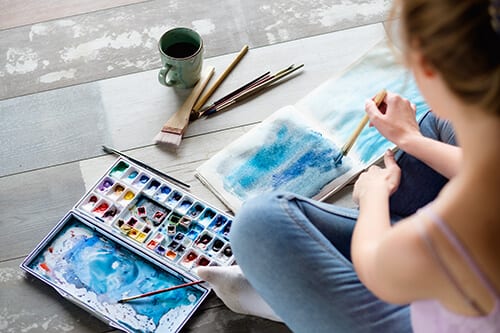As you start looking for addiction treatment programs and services, you find many types of therapies to sift through. Deciding which might meet your needs feels overwhelming. However, some therapies have a longstanding history of helping people achieve addiction recovery. These include art therapy, one of the most remarkable yet soothing types of therapy you receive.
Art Therapy for Addiction Treatment

- Painting
- Drawing
- Sculpting
- Dancing
- Acting
- Poetry
According to SAMHSA, art helps you express your feelings and thoughts beyond the reach of spoken words. This method works exceptionally well for people with a history of victimization, trauma, or abuse. Through your artistic vision and expression, you gain treatment for your mind, body, and spirit. Using your creativity, you communicate to heal from addiction and past experiences. An art therapy program usually takes place as a form of group therapy.
Methods for Therapeutic Art
In rehab treatment, your therapist focuses on one or more styles of art therapy. These include the three key types recognized throughout the United States: Gestalt, active imagination, and third-hand methods. Each starts with the production of your own art. However, how you produce that art is where differences exist between these methods. In a Gestalt art therapy program, your therapist helps you explore your current thoughts and feelings. They act as a guide for you to explain your thoughts through the art you produce. You can also create work that opens a more in-depth conversation. An active imagination art therapy program uses your work to reflect on your feelings and discuss them. You let your mind roam during the creative process, using free association. The third-hand approach to an art therapy program involves your therapist in the creation of your art. You both work together. However, through the process, you control the overall artistic vision. Regardless of which method your therapist chooses, an art therapy program works well for people in addiction rehab. Through art and creative expression, you gain new ways of communicating, coping with your addiction, and understanding yourself. You also look more deeply at yourself in ways not possible through talk therapy. Because an art program in rehab involves group participation, you achieve a deeper connection with your peers. You form tighter bonds, open up to each other more freely, and relate better to each other. This translates to building better relationships and communicating more freely with others after you leave rehab.
Using Art to Recovery from Your Addiction
When you seek healthy recovery, you must consider all facets of your whole being. You need treatment that addresses your mind, body, and spirit. That quality of treatment takes place at Santé Center for Healing in Argyle, Texas. At Santé Center for Healing, an art therapy program is only one part of your diverse therapies and individualized treatment plan. Programs, services, and therapies at Santé Center for Healing include:
- Dual diagnosis treatment
- Professionals and executive rehab
- Medical detox on-site
- Residential two to three-month rehab
- IOP
- OP
- Individual, family, and group therapy program
- Social activities and alumni program
As you decide upon your chosen rehab program for your own healing, your family also needs recovery. Santé Center for Healing has a strong family program, including family intensives, family and friends support group and openness for your loved ones’ participation in your treatment. Help your family gain the support and care they need while you build your recovery at the same time in Argyle. To learn more about available therapies and programs, call Santé Center for Healing now at 866-238-3154. Using art therapy and other methods, your whole family can rebuild your lives after addiction. Call now and start paving your own family’s road to healthy recovery.

